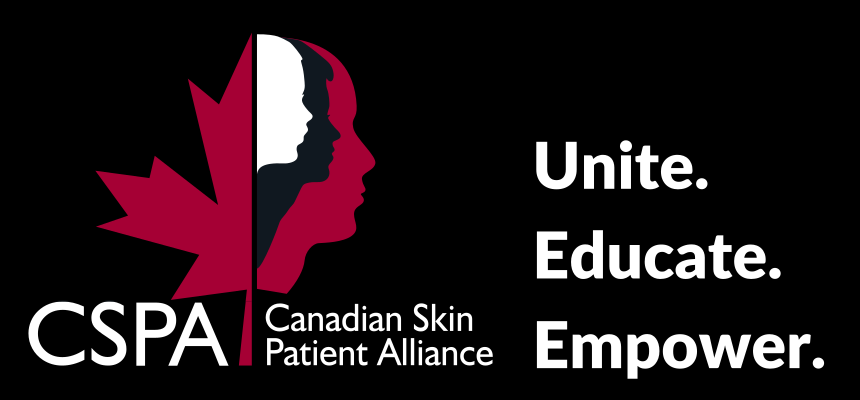Diagnosis
The diagnosis is clinical based on classic signs and symptoms and there is no test to diagnose the disease. Health care providers may in some cases run some tests to rule out an infection or other skin disorders. For severe cases, a dermatologist should be involved in the diagnosis and treatment.
Early detection of HS is important to getting effective treatment. Be sure to see your health care provider if your condition is:
- Painful
- Doesn’t improve in a few weeks
- Returns within weeks of treatment
- Appears in several locations
- Recurs frequently.
Treatment
There is currently no cure for hidradenitis suppurativa, but the goal of treatment is to achieve good control by reducing the frequency and severity of flare ups so the disease would have minimal impact on quality of life.
There are several treatment options available including medications and surgery that can help patients clear or reduce their breakoutsand prevent new breakouts. Talk to your health care provider about the risks and benefits of each to determine the best treatment option for you.
Self-care
Here are some simple measures to relieve discomfort:
- Apply warm compresses to help reduce the swelling
- Keep the affected areas clean
- Wear loose-fitting clothes to minimize irritation
- Weight optimization and smoking avoidance
- Keep a record of your triggers in order to avoid them.
Medications
Topical and oral drugs – These medications include antibiotics and drugs derived from Vitamin A (retinoids). These medications help reduce inflammation, fight infection and prevent HS from worsening. Antiandrogens can decrease the effect of sex hormones on the skin and they can be helpful especially in women with polycystic ovary syndrome. Corticosteroids can be injected into the lesions or taken by mouth to help reduce inflammation, however prolonged use of oral steroids may have additional side effects so their use is restricted to severe cases. Other oral medications that suppress the immune system can be helpful in some cases.
Pain Medication – if over-the-counter pain medications do not help relieve the discomfort of HS, your health care provider may prescribe something stronger such as codeine, morphine, fentanyl patch and others. Caution should always be used when taking prescription pain medication.
Biologics – Biologic medications known as TNF-inhibitors are showing promise in effectively treating HS. They are currently used to treat psoriasis, psoriatic arthritis, and other inflammatory conditions. They work by neutralizing an immune system protein known as tumor necrosis factor (TNF). They are usually administered by injection. Ongoing research is assessing these medications and there are several clinical trials under way for their effectiveness in treating HS. There is currently one biologic approved for the treatment of moderate to severe HS in Canada. Other biologics targeting alternative inflammatory molecules have shown some efficacy in small studies and they are sometimes used.











